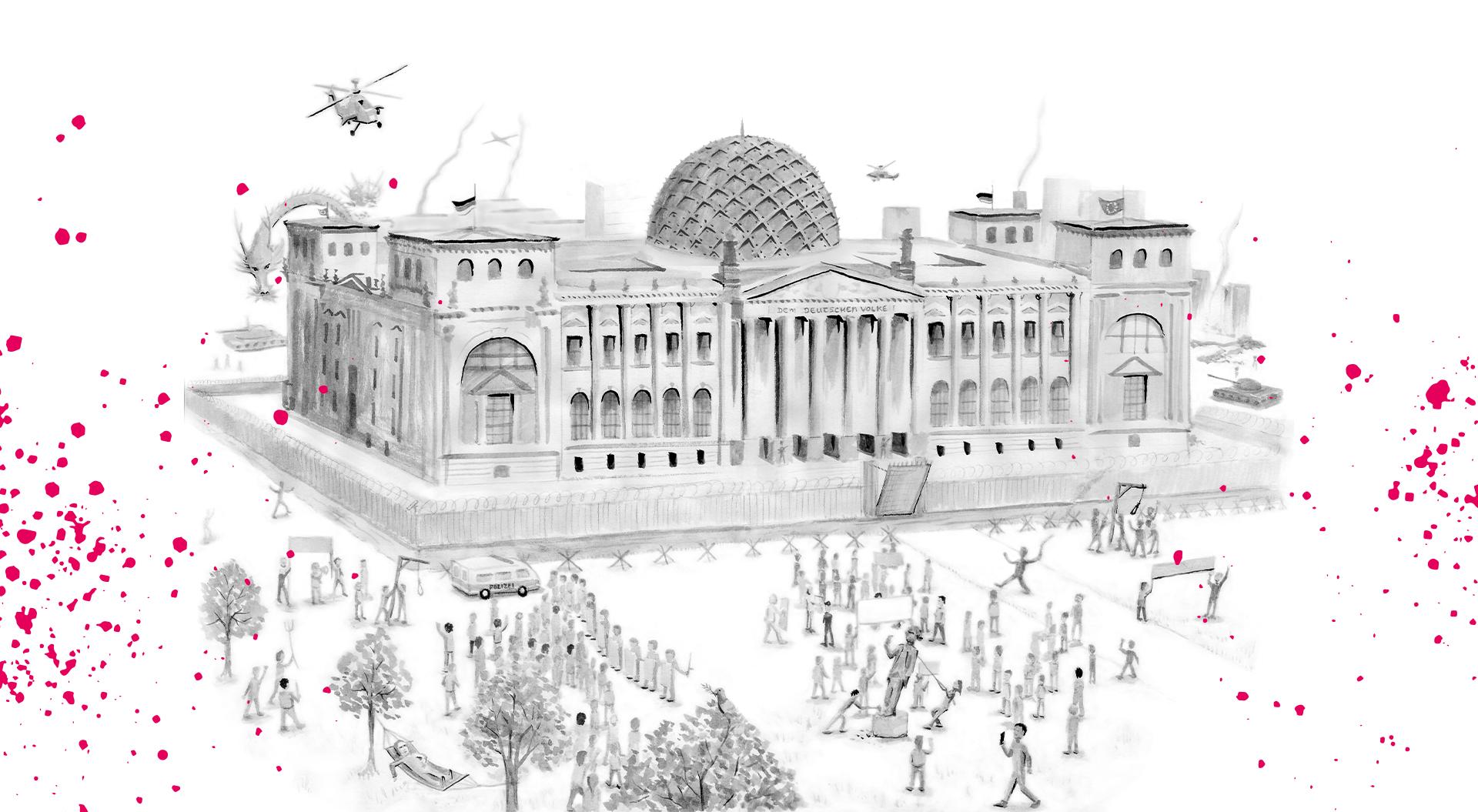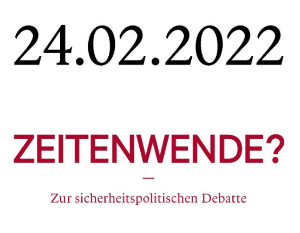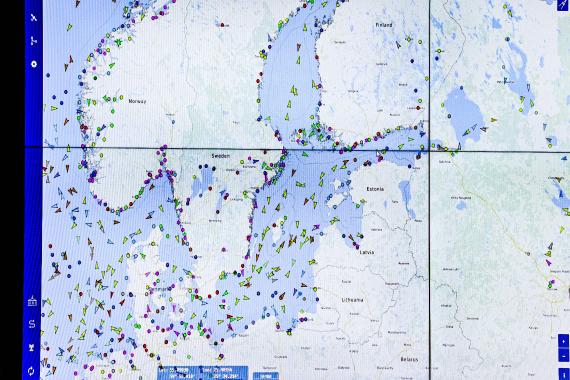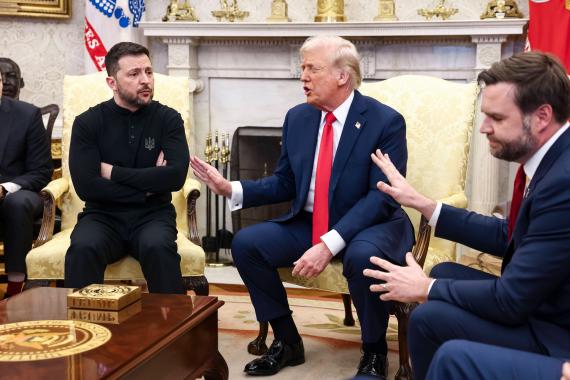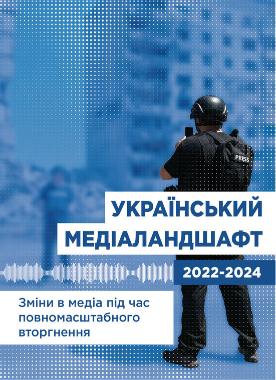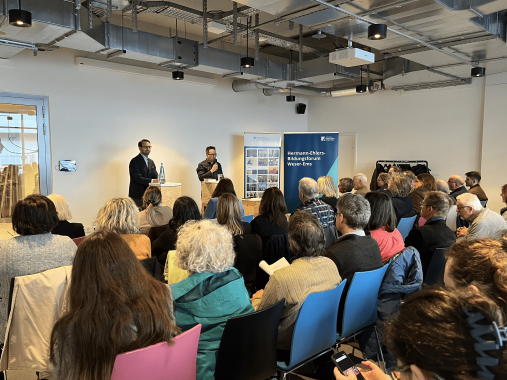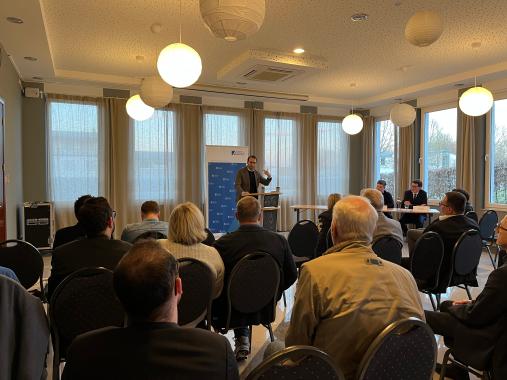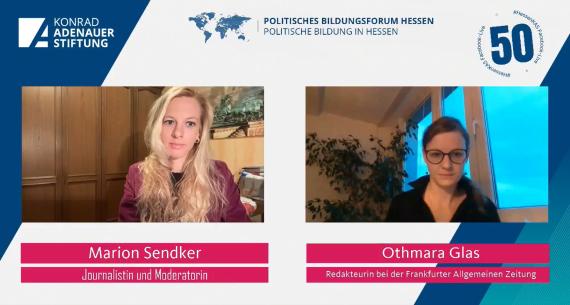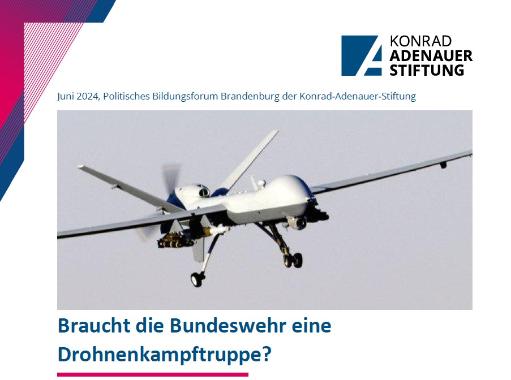Russia’s aggression is not only an attack on the Ukraine, but also an attack on our European and international order.
At a glance
- The Konrad-Adenauer-Stiftung stands with Ukraine and at the same time views this Russian aggression in breach of international law as an attack on our European and international order.
- With the war of aggression on Ukraine, Putin has revealed his true intentions: He wants to subjugate Ukraine by means of military force and make it an entity completely dependent on him.
- Putin’s goal of a quick military defeat of Ukraine, has failed. Ukraine is also successfully defending itself with the help of Western weapons; yet it is still not clear how this war will come to an end.
- Contrary to the Russian regime’s expectations, the war has united the West. The sanctions are having an effect and the Putin regime is also largely isolated on the international stage.
- The repercussions of the war on the future global order and security architecture cannot yet be entirely foreseen. The Konrad-Adenauer-Stiftung is, however, already intensively looking at this as part of its analyses.
Content
1. Putin wants to subjugate Ukraine with military force
3. Consequences for the world order and Europe
4. Our offers and projects on the topic
5. Publications, events and media contributions on the topic
DER VIERUNDZWANZIGSTE
In a film by the Ukraine Office (Kharkiv), five Sur Place scholarship holders talk about their memories of 24 February 2022, their flight from Ukraine, their current lives and their hopes for the future (only in german).
YouTube, onlinekas
Putin wants to subjugate Ukraine with military force
With Russia's war of aggression against Ukraine on 24 February 2022, which is contrary to international law, there is no longer any doubt about the true character of Putin and his regime. The long-discussed question of Putin's intentions has been answered in sight of the whole world: he wants to subjugate Ukraine with the use of brute military force and turn it into an entity completely dependent on him. Ukraine's state sovereignty and its self-determined path towards democracy and the rule of law have no place in his world view. The attack is therefore also an attack on the European peace order, in which borders may never again be moved by force, and an attack on the international order, which is based on the right of peoples to self-determination.
Moreover, the invasion of Ukraine shows that Putin was not primarily concerned with Russian security interests. Rather, a neighbour that has embarked on the path towards democracy and the rule of law is a thorn in his side. A functioning democracy in his immediate neighbourhood threatens Putin's authoritarian rule because it presents a liberal and economically attractive alternative.
In the meantime, it has become clear that the Russian plan of a rapid conquest of Ukraine did not work out. On the contrary, Ukraine has managed to stand its ground against Russian aggression and to reclaim occupied territories. However, it is not yet foreseeable who will win this war, which according to serious estimates has already claimed well over 100,000 lives. The will to resist on the Ukrainian side, however, is unbroken.
The West stands together
Contrary to what was intended, Putin has united the West with his war. The sanctions against the Russian economy are having an effect, extensive military and humanitarian aid to Ukraine has strengthened its military combat capability and civilian resilience, while the weak points of the Russian military machine have become apparent. Moreover, since the beginning of the war and especially after the partial mobilisation, hundreds of thousands of mostly young and well-educated Russians have left their country, putting a heavy strain on the country's future prospects. Internationally, too, the Putin regime sees itself largely isolated, as the votes in the UN General Assembly show.
Consequences for the world order and Europe
In the future, the year 2022 will stand in a row with the years 1945 and 1989. This turning point raises numerous questions about the short-term, medium-term and long-term consequences of the war: What other victims will it claim among the Ukrainian civilian population and among combatants on both sides? Will the domestic political repercussions of the war become a danger for the Putin regime? What are the longer-term economic consequences of this war for Russia, the West and the world economy? When and how will this war end? What are the consequences of the war outcome scenarios for the people of Ukraine and for the European and international security architecture? What role can the European Union play? What are the consequences of this war for the future world order?
On this page you will find information from the Foundation's offices abroad as well as analyses and publications on the above topics and questions, which are continuously updated and expanded.
Defensive Democracy
Russia’s attack on Ukraine has catapulted the question of the defensibility of democracy to the fore of public interest. Yet, tanks and rockets are not the only threat to our free society. Our democracy is exposed to many dangers, which are addressed in our book of essays and major campaign.
Learn more about the topic “Defensive Democracy” or go directly to the essay collection “die wehrhafte(re) Demokratie” (The (More) Defensive Democracy).
Ukraine in focus - perspectives from a European Country
Our series “Ukraine in Focus” presents viewpoints and perspectives of Ukrainian authors on prevalent topics and debates.
East Central and Southeast Europe: Political and Social Impact One Year After the Start of Russia's War of Aggression against Ukraine
In our country report series on the occasion of the one-year anniversary of the Russian war of aggression against Ukraine, our staff members abroad report on the situation in their countries of assignment. The reporting focuses on the concrete effects of the war in Ukraine on politics and society as well as its instrumentalisation in national political debates.




